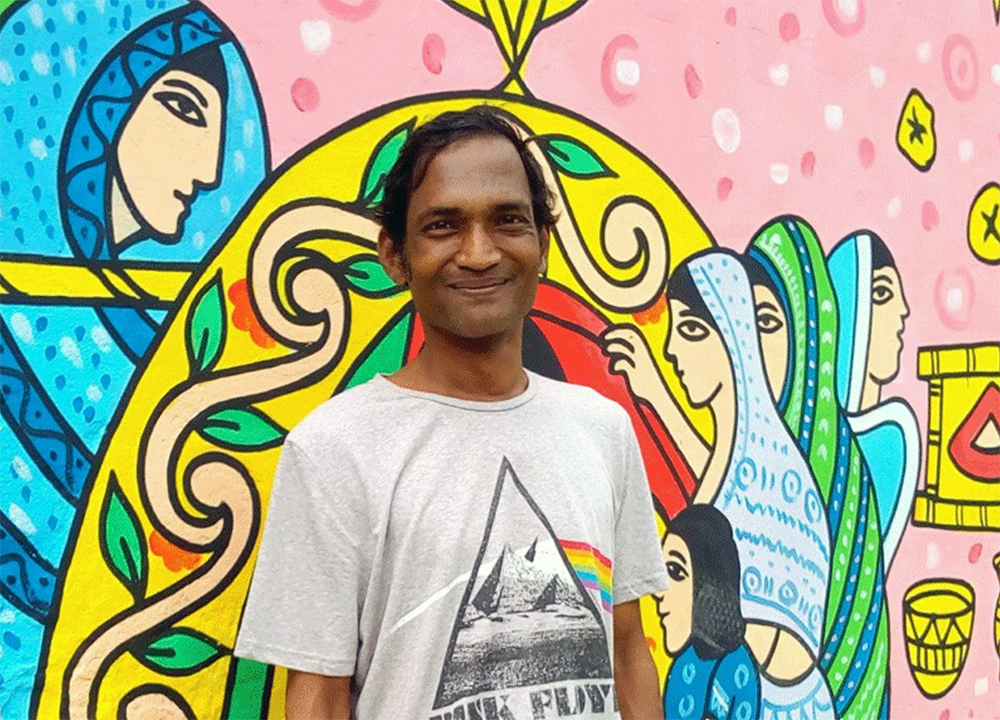Crackdown against critical voices
Rapid Action Battalion targets journalists, writers, activists and businessmen using the controversial Digital Security Act.

The Rapid Action Battalion (RAB) has filed a criminal case under the Digital Security Act (DSA) against eleven journalists, writers, activists and businessmen, inside and outside Bangladesh — some of them well-known critics of the Awami League government and its handling of the Covid-19 epidemic. A RAB warrant officer filed the case with the Ramna police station on May 6th. Four of the accused have already been detained by the RAB — two are now in prison and two are in police custody.
The eleven individuals named in the first information report are accused of “spreading rumours or propaganda or confusion about the father of the nation, the great liberation war and the Coronavirus [and] tarnishing the image of state/government” with the aim of “creating instability, indiscipline and confusion amongst the people of the country.”
The celebrated political cartoonist Ahmed Kabir Kishore, the Swedish-Bangladeshi journalist Tasneem Khalil (editor-in-chief of Netra News), the New York-based journalist Shahed Alam, and the Berlin-based blogger Asif Mohiuddin are among the accused.
Four of the accused who live in the country — Ahmed Kabir Kishore, the writer Mustaq Ahmed, the activist Didarul Islam Bhuiyan, and the businessman Minhaz Mannan Emon — had earlier been detained by RAB-3 from different parts of Dhaka and are now in detention.
Others named in the first information report (FIR) are Saer Zulkarnain, Ashiq Imran, Phillip Schuhmacher and Shapan Wahid. According to the FIR, they are connected to a Facebook page named “I am Bangladeshi”.
In the FIR, the RAB warrant officer alleges that six of the accused individuals — Saer Zulkarnain, Ahmed Kabir Kishore, Ashiq Imran, Philip Schuhmacher, Shapan Wahid, and Mustaq Ahmed — were involved in administering the “I am Bangladeshi” page, which he claims was involved in sharing posts and rumours “to tarnish the image of the country” and “to create confusion among the public”.
The FIR also suggests that the RAB is in possession of Facebook and Whatsapp chat logs that would prove Ahmed Kabir Kishore was “conspiring against the state” in his conversations with Tasneem Khalil, Saer Zulkarnain, Shahed Alam, and Asif Mohidduin.
According to the FIR, Didarul Islam Bhuiyan and Minhaz Mannan Emon are Facebook friends of Mushtaq Ahmed and that the trio were involved in “conspirational chatting against the state” using WhatsApp and Facebook messenger.
In the FIR, the RAB accuses Tasneem Khalil of “instigating [Ahmed Kabir Kishore] to make anti-state rumours go viral on social media by uploading cartoons about the Coronavirus pandemic, the father of the nation, the head of the governments, and leaders of the ruling party.” He is also accused of making derogatory comments, through his Facebook posts, about “the father of the nation, the great liberation war of Bangladesh” and “chiefs of different security forces including the state’s army”. The FIR listed three of his Facebook posts, presumably to validate the allegations. However, it was not clear how any of those posts supported the allegations made against him.
Towards the end of March, Human Rights Watch called on the Bangladesh government to end the “wave of Covid-19 ‘Rumor’ arrests” after a dozen people including a doctor, opposition activists and students were arrested over a period of two weeks for their comments on Covid-19. The Paris-based Reporters Without Borders estimate that 15 journalists have been attacked in recent weeks for their reporting on Covid-19 epidemic in Bangladesh.●
HRW: End the Wage of Covid-19 Rumours
RSF: Bangladesh – surge in violent against reporters orchestrated by local officials